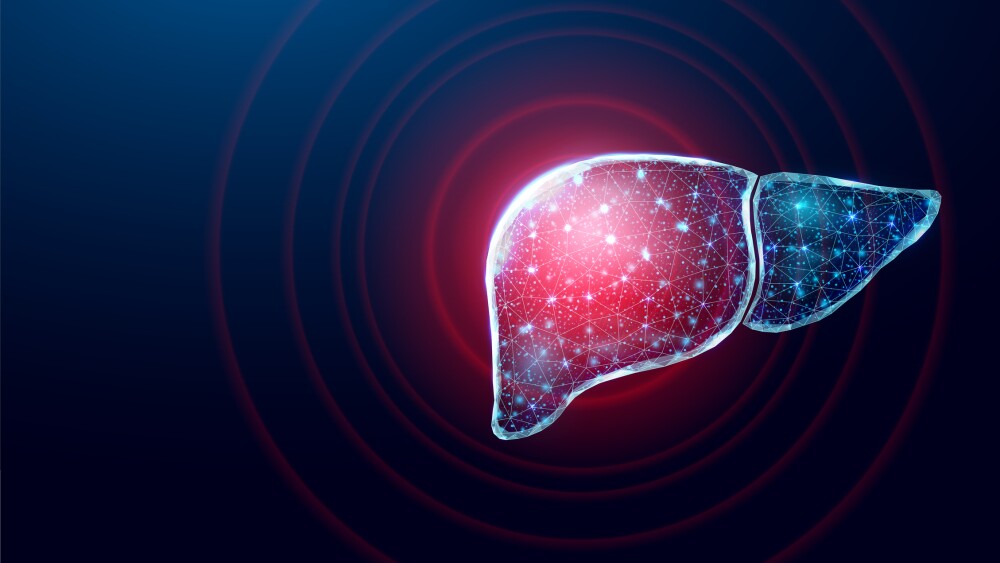- THEROS CancerTYPE ID(R) predicts cancer origin with 75 percent accuracy in patients whose primary cancer was ‘unknown’ using traditional diagnostics -
SAN DIEGO, June 1 /PRNewswire/ -- bioTheranostics, a bioMerieux company that discovers, develops and commercializes new molecular diagnostic tests in oncology, announced that a recent study demonstrated the company’s THEROS CancerTYPE ID(R) molecular diagnostic test predicted cancer origin with 75 percent accuracy in patients whose primary cancer was initially “unknown” using traditional diagnostics. Findings were presented today at the 2009 American Society of Clinical Oncology (ASCO) Annual Meeting in Orlando, Fl.
Three to five percent of all cancer patients(1) (the equivalent of 45,000-75,000 new patients each year in the United States alone) receive a diagnosis of cancer of unknown primary origin, or CUP, meaning their cancer has spread to multiple locations and the site where the cancer started can not be determined. Given that the origin of a cancer significantly impacts physicians’ therapeutic decisions as well as patients’ prognoses, the inability to diagnose patients’ primary cancers makes it more difficult for physicians to determine optimal treatment plans. Molecular diagnostic tests such as the THEROS CancerTYPE ID have demonstrated the ability to predict the origin of tumors with a higher success rate than traditional diagnostic tests, thereby helping to reduce the number of cancers that remain “unknown”.
The blinded study involved 28 patients who had an unknown primary cancer that was subsequently identified during their lives. Researchers assessed tissue from these patients’ initial biopsies, determining that 20 of them were appropriate for testing with the THEROS CancerTYPE ID (eight were excluded given insufficient tumor tissue or poorly preserved RNA). Without accessing other clinical or pathological data for these patients, the team then compared the THEROS CancerTYPE ID cancer type predictions to the actual primary sites previously identified for each patient.
Among the 20 samples that were appropriate for testing, 15 site-of-origin predictions (75 percent) provided by the THEROS CancerTYPE ID test were accurate based on the actual clinical diagnoses. In contrast, traditional diagnostic methods often fail to properly diagnose unknown cancers even after extensive work-up that could cost up to $18,000.(2)
“Cancers of unknown primary origin present unique and significant challenges to both medical professionals and patients,” said Richard Ding, bioTheransotics chief executive officer. “As the clinical validity and utility of molecular diagnostic tests such as the THEROS CancerTYPE ID continue to be demonstrated in clinical studies, we are eager to work with the oncology and pathology communities to integrate molecular diagnostic tools into routine cancer diagnosis.”
The abstract, “Unknown Primary Cancer (UPC): Accuracy of Tissue of Origin Prediction by Molecular Profiling” is available online at the ASCO Web site, www.abstract.asco.org.
About bioTheranostics
bioTheranostics discovers, develops and commercializes molecular diagnostic tests for cancer patients. Leveraging its unique expertise in genomic profiling and proprietary algorithms, bioTheranostics provides innovative tests to the oncology community that help drive personalized treatment. The company operates a CLIA-certified, CAP-accredited diagnostic service laboratory in San Diego, CA to perform its proprietary molecular diagnostic tests: THEROS CancerTYPE ID(R), a molecular cancer classifier particularly helpful for patients diagnosed with primary or metastatic cancer where the origin is uncertain or unknown; and the THEROS Breast Cancer Index(SM), a combination of THEROS H/I(SM) (HOXB13:IL17BR) and THEROS MGI(SM) (Molecular Grade Index) that refines and improves risk stratification in patients with estrogen receptor (ER)-positive, lymph-node negative breast cancer. More information is available at www.bioTheranostics.com.
(1) N. Pavlidis, E. Briasoulis, J. Hainsworth, F.A. Greco. Diagnostic and therapeutic management of cancer of an unknown primary. Euro J of Cancer. 2003; 39:1990-2005.
(2) D. V. Schapira and A. R. Jarrett. The need to consider survival, outcome, and expense when evaluating and treating patients with unknown primary carcinoma. Arch Int Med. 1995; 155.
CONTACT: Michele Parisi of bioTheranostics, +1-925-429-1850,
mparisi@biocommnetwork.com
Web site: http://biotheranostics.com//



